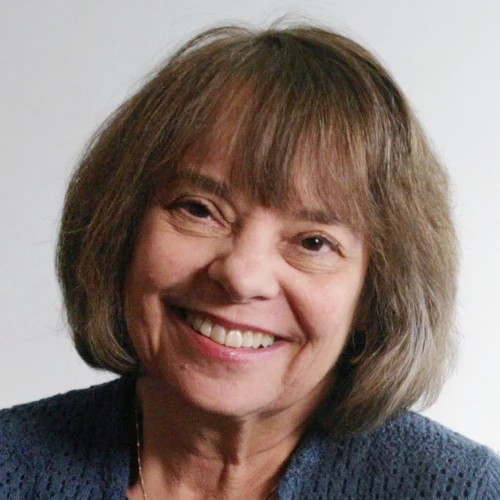Did you know that chronic pain affects more people than diabetes, cancer, and heart disease combined? And, that the risk of chronic pain issues increases significantly with age?
Indeed, according to the CDC, more than one in four people over the age of 45 struggle with chronic pain issues.
But ironically, in the grand scale of things, we know surprisingly little about chronic pain – how to prevent it and the best options for managing it.
This is not for lack of trying. Chronic pain has been studied across many different disciplines, and from many different approaches, but no consensus has been reached. As renowned researcher Helene Langevin notes, chronic musculoskeletal pain research is often siloed between neuroscience, which focuses on neurally mediated effects on pain processes; physical therapy and rehabilitation, orthopedics, which focuses on musculoskeletal tissue structure; and rheumatology, which focuses on inflammatory processes within connective tissues.
While these are all important aspects of musculoskeletal pain, there is a need to develop a more integrated approach to dealing with chronic pain.
In this course, yoga therapist and physical therapist Dr. Sarah Court presents an overview of the most recent developments in chronic pain research.
In the past decades, the emphasis in chronic pain treatments has shifted from a “biomedical” to a “biopsychosocial” model. This model views chronic pain as being mediated by neural processes and increased brain sensitization to pain.
However, is there an underlying musculoskeletal tissue pathology involved as well? What role does inflammation, scarring and adhesions in the soft tissues play. How do musculoskeletal and neuro-affective components interact in the emergence of chronic pain?
In this course, Dr. Sarah Court breaks down the latest research in pain science, how you can use that information with concrete techniques to better develop self care and prevention strategies for chronic pain.
Particular focus is given to research showing how yoga can help alleviate chronic pain through a “whole person approach.” Dr. Sarah will show how this involves a combination of several approaches to healing, including mindfulness and direct muscle strengthening.
What You Will Learn
- The latest concepts in pain science across disciplines and how they intersect – explained easily and clearly
- What the biopsychosocial model of human experience looks like
- How pain can come from non-musculoskeletal sources
- Identifying the red-flags that signal you should refer your student to a clinician
- How to modify your yoga class to be inclusive for all pain levels
- A variety of techniques that you can immediately apply to safely work with clients with chronic pain
- How to make your students aware of movement and posture habits that can worsen their pain
This Course Also Includes:
- Yoga Practice Video: Enjoy a yoga practice video that accompanies this course designed by Dr. Sarah Court.
- Recordings of All Webinar Sessions: It’s generally acknowledged that many people only retain 10-20 percent of what they learn in a workshop. You will get access to the recordings of all webinar sessions – both MP3 (downloadable) and MP4 (streaming online), enabling you to go back and listen to the workshop as many times as you like.
- Transcripts of All Sessions: Ever wanted to refer to a certain part of a course? Even the best note-takers miss a point every so often. With the transcripts of the webinar sessions, you can go back and refer to particularly important passages or clarify sections you were in doubt about.
This course qualifies for 3.25 CEs with Yoga Alliance.



